Cooking gas is an important resource in households all over the world. It provides a convenient and efficient way to cook our daily meals, making it an essential part of our lives. However, with the rising prices of gas cylinders, it has become crucial to find ways to make your cooking gas last longer. By following a few simple tips and adopting some energy-saving practices, you can significantly reduce your gas consumption, ultimately saving money and reducing your carbon footprint.
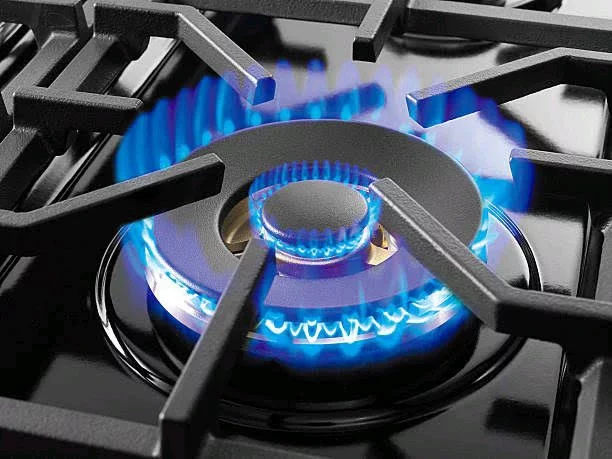
One of the easiest ways to make your cooking gas last longer is to use a pressure cooker. Pressure cookers are designed to cook food faster by trapping steam, which increases the boiling temperature. This means that you can reduce your cooking time by up to 70%, saving a considerable amount of gas in the process. Additionally, pressure cookers retain the nutrients and flavors of the food, ensuring you enjoy healthier and tastier meals.
Another important aspect to consider is the size of the burner flame. Always make sure to adjust the flame to the appropriate size for your cooking needs. Using a larger flame than necessary will only waste gas unnecessarily and increase your cooking time. Furthermore, choosing the right size of cookware is essential. If you use small pans on large burners, a considerable amount of heat will escape, resulting in wasted gas. Conversely, placing oversized pots on small burners will result in inefficient heat distribution, requiring you to use more gas to cook your food.
Properly maintaining your gas stove is also crucial in enhancing gas efficiency. Regularly clean the burners and ensure they are free from any blockages or debris. A dirty burner can prevent the gas from flowing evenly, reducing its efficiency and wasting precious resources. Additionally, make sure the seals on your gas cylinders and regulators are tight and in good condition. A leaking gas cylinder can lead to substantial wastage and even pose a safety risk.
One commonly overlooked aspect that can contribute to gas consumption is thawing frozen foods. Instead of using the gas stove to defrost items, plan ahead and defrost them in the refrigerator. This method is not only safer but also eliminates the need to use additional gas for defrosting. Similarly, always try to avoid peeking into the oven while baking as this can cause a significant drop in temperature, leading to increased cooking time and gas consumption.
Lastly, always remember to turn off the gas when your cooking is complete, instead of leaving the burner on while transferring food to the serving dish. This simple habit can save you a considerable amount of gas over time.

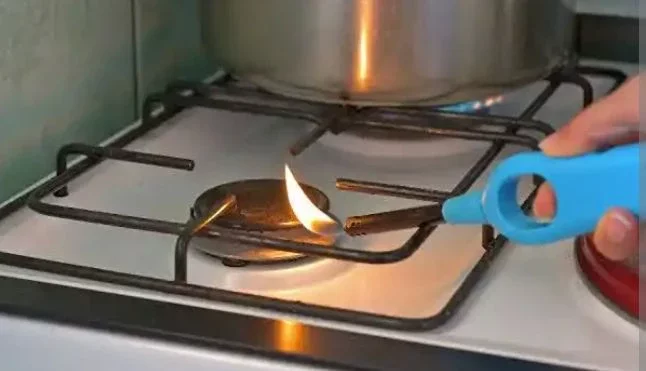
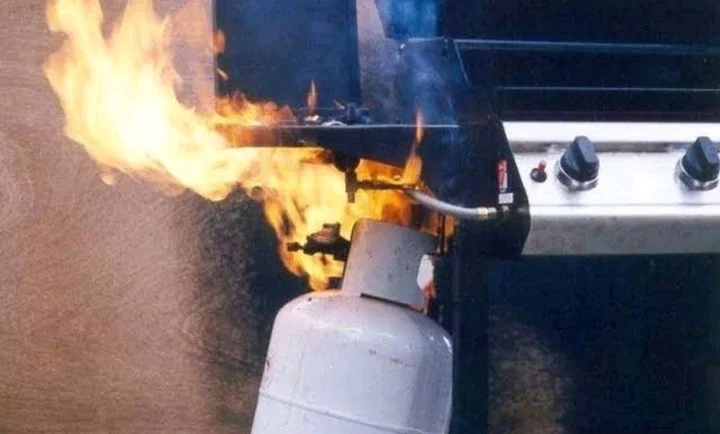

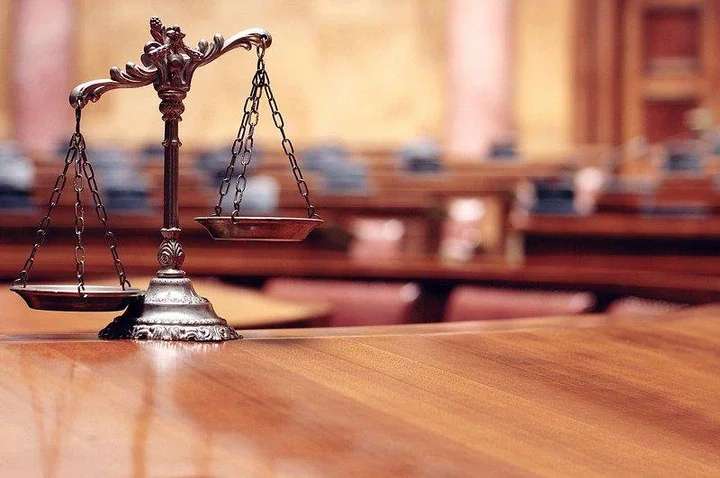

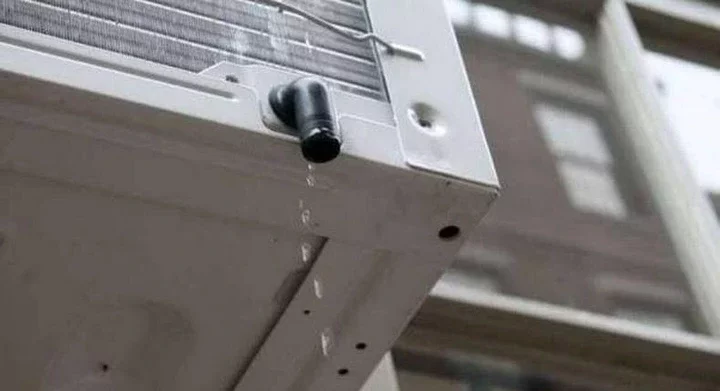









Comments